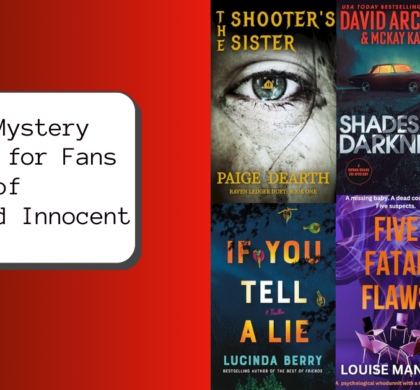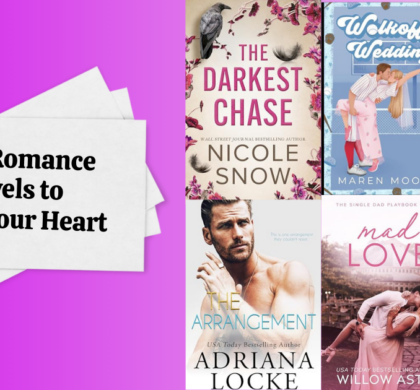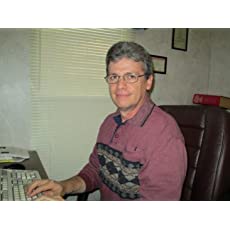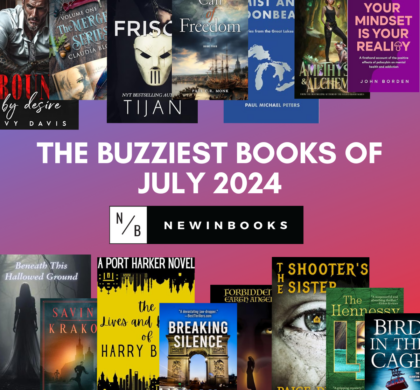Interview with Dan Raburn, Author of Echoes Of Midnight
04 May 2021
What can you tell us about your new release, Echoes Of Midnight? Echoes of Midnight was inspired by an old newspaper clipping a friend showed me about an event in Mississippi, I believe in the 1930’s or thereabouts, in which a man dynamited the home of a girl he had gotten pregnant but didn’t want to marry. The real story is a fascinating one if anyone wants to track it down, but that is the only bit I used as the launch point for my own tale. I had a couple of goals for the book in addition to telling a great story that readers would enjoy. I wanted deeper characterizations to give the book broader appeal, and I wanted to shine a light on some lesser known things about race relations in the South during that era. What most people know about it today is what made national news and continues to play in old newsreel footage of dogs and fire hoses, civil rights marches and inspirational leaders. That’s not the whole story, and I hope I have revealed a little of what it was like in many rural communities in the South in that era. I know, because I was there. What or who inspired you to become an author? I was reading genre fiction by the time I was eight or nine years old, and as I have said elsewhere, my first love was the western story. I grew up on the westerns of Zane Grey and Louis L’Amour and the dog and horse stories of Fred Gipson, Jim Kjelgaard, and Walter Farley. My first published novel was a western, but unfortunately, I was born fifty years too late to see much success there. The genre was past its heyday when I started publishing. I especially learned a lot from L’Amour, not only as a storyteller but even in how I work. Like him, I am a seat of the pants writer. I start with something happening and just follow the thread. There are many out there who think this is a terrible way to work, but I can’t imagine any other way. It’s that path of discovery that makes the work enjoyable for me, and I am always surprised at what I uncover along the way. What’s on your top 5 list for the best books you’ve ever read? It’s really hard to boil my favorite books down to five, but I suppose I would list those that have been unforgettable for me, that have a special place in my memory, maybe sparked by a character, theme, or setting. On top of the list would be Steinbeck’s Grapes of Wrath, which is American tragedy and heroic journey all in one. Next is Hardy’s Tess of the D’Urbervilles, which gives us a tragic heroine so real she might have lived today. Next comes Twain’s Huckleberry Finn and Tom Sawyer, which shows us an America that once was and is fast slipping from consciousness. Finally, A.B. Guthrie, Jr’s The Big Sky was an early inspiration. But I can’t stop. I’d be remiss if I didn’t mention Charles Dickens, William Faulkner, Ernest Hemingway, Willa Cather, MacKinlay Kantor, James Herriot, Janice Holt Giles, James Michener, Michael Crichton. . . . That list is all over the place, but such is my reading. Say you’re the host of a literary talk show. Who would be your first guest? What would you want to ask? In light of the recent Ken Burns and Lynn Novick documentary, I think I would have enjoyed interviewing Hemingway. I would like to learn more about the evolution of his style from his early days in newspaper writing to the later influence of Gertrude Stein, which produced an economy of language and technique for telling stories using only the five senses without use of interior monologue. I specifically would like to ask if he believed this style was as effective in novels as it was in short stories. I use some of his ideas in my work, but only where I believe they are effective. What’s your favorite thing about writing? My favorite thing about writing is practicing the craft itself. I’m not great at marketing or promotion or any of the business side of things. I’m a builder. I like building a story and watching it take shape on the page, the ebb and flow, the things I discover that I didn’t realize I knew. Many times stories that begin in a very unpromising way turn into work that surprises me by the time I reach the end. What is a typical day like for you? I am recently retired from my day job, so I try to work in the mornings, which I believe is the best time for drafting—before the remainder of the day depletes my mental energy. I typically check email and my Amazon dashboard first, because I can’t stand the suspense of not knowing if a new reader has found me overnight. Then I try to get to the day’s drafting. I work quite slowly, usually producing under a thousand words a day. I began writing in the days when you worked on a typewriter and made carbons, so the goal was to make it look like a book from the outset and avoid as much retyping as possible. I still work that way, editing and revising as I go. What scene from Echoes Of Midnight was your favorite to write? Avoiding any spoilers, I’ll just say that one of the scenes I’m proud of in Echoes of Midnight is the one where Jazz is running from his pursuers. I wrote the lyrics for the jazz tune he creates while on the run. There are always parts of my books that are quite inspired, while other parts are necessary story movement I try to make as interesting as possible. That being said, often people point things out to me that were memorable for them that I have little memory of. Such is the subjective nature of fiction. Do you have a motto, quote, or philosophy you live by? One of my favorite quotes, which I had taped to my desk at work for years, was from B.F. Skinner, who said, Education is what survives when what has been learned has been forgotten. It is that trove of subconscious education that bubbles to the surface when you write fiction.
Sign up for our email and we’ll send you the best new books in your favorite genres weekly.
Related
grant
Recommended Posts

New Mystery Novels for Fans of Presumed Innocent
26 Jul 2024 - Books to Read if You Like..., eBook, Mystery, News, Thriller

New Romance Novels to Steal Your Heart
26 Jul 2024 - Books to Read if You Like..., eBook, News, Romance


